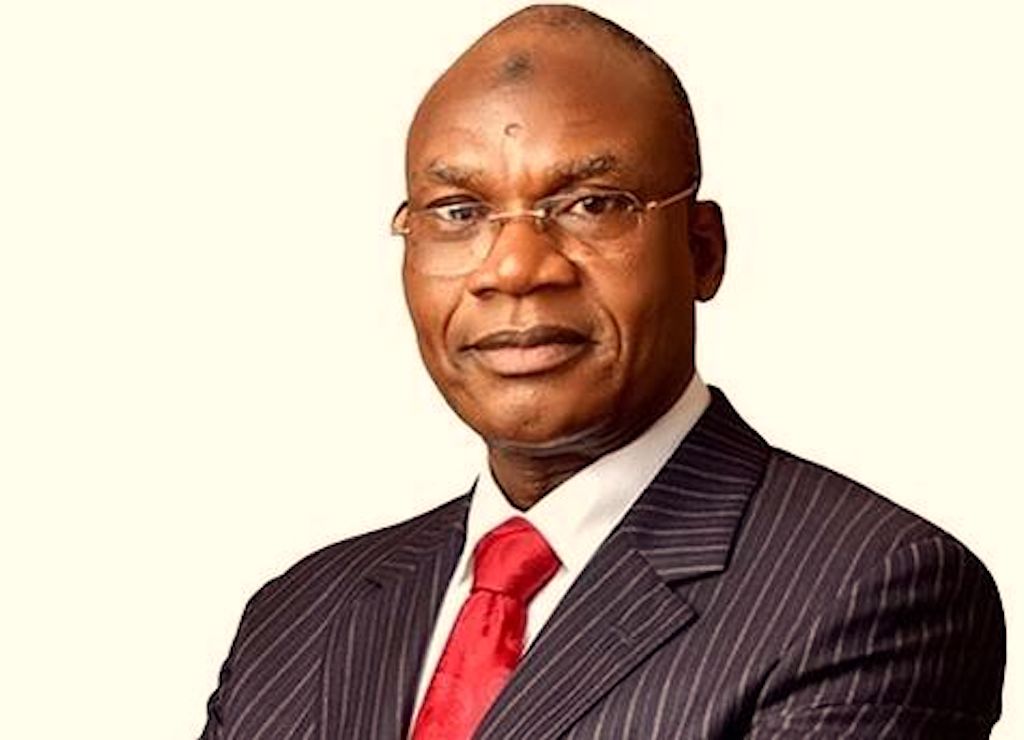Recently, Nigeria’s current Minister of Education, Prof. Tahir Mamman, announced plans by the federal government to provide for a law that would make 18 years the minimum entry age into tertiary institutions in the country. He made this declaration while monitoring the 2024 Unified Tertiary Matriculation Examination (UTME) in Abuja. He said: “We noticed that the age of those who have applied to go to the university, some of them are really too young. We are going to look at it because they are too young to understand what a university education is all about.”
The Minister further noted that “That’s the stage when students migrate from a controlled environment to where they are in charge of their own affairs. So, if they are too young, they won’t be able to manage properly. That accounts for some of the problems we are seeing in the universities.” While urging parents not to push their wards or children too much, Prof Mamman also advised parents to allow their children attain some level of maturity before entering the university so they can better manage their affairs better.
Reacting to the minister’s declaration, the Senate assured Nigerians that the 16-year age requirement for applicants seeking admissions to tertiary institutions in the country has not been changed. The red chamber referred to education minister’s comments about increasing the age limit to 18 years as personal opinions. Addressing journalists, the Chairman, Senate Committee on Media and Public Affairs, Adeyemi Adaramodu, clarified that any downward or upward review of the entry age into universities and other tertiary institutions in Nigeria could only be done by legislation that followed due process.
Within the context of global best practices, age is not a factor for earning academic achievements. The intellectual capacity of learners defined by educational psychologists as precocious children makes age a relative term or element. Like gifted children with high intelligent quotient, precocious learners are children whose mental age is far ahead of their chronological age. What has government or any other institution got to lose if a 16-year-old student is admitted into a Nigerian university provided he has the mental capacity and necessary academic requirements including a minimum of 5 credit passes in the SSCE results and a score above JAMB’s cut-off for UTME candidates? What do the government, the student and his or her parents stand to gain if such a young talent would have to wait at home for another two years just to fulfil the entry age requirement for university admission?
One is prompted to insinuate that this sort of non-evidence-based Nigerian mentality accounts for why only few Nigerians, no matter how academically brilliant they are, graduate with a PhD degree before their 30th birthday. The same mentality possibly explains why you seldom find a young person attaining the rank of a professor in Nigerian universities. I once attended an international conference outside Nigeria. While professors who came for the conference from Europe, America, and Asian countries were without grey hairs on their head, the heads of all the Professors from Nigeria at the conference were grey-haired. In fact, the hair on the head of some of them had completely gone white. Are you sure it’s possible to become an academic authority in Nigeria without having your head look like that of the great literary heavyweight at the Obafemi Awolowo University, Ile-Ife, Prof Wole Soyinka?
Coming back to our discourse, the result of the 2024 UTME shows that 1.4 million of the 1.8 million candidates who sat for the examination scored below 200 out of a total obtainable score of 400 marks. This abysmal failure rate simply illustrates how the standard of education at the secondary level has fallen; with no hope that it would improve significantly any time soon. What are the assurances from this lamentable situation that students graduating at age 18 from Nigerian secondary schools would obtain relevant credit passes in their SSCE result and the requisite score in the UTME as requirements for admission into universities and other tertiary institutions in Nigeria? The issue is not about age, but essentially more about value-added standard of education in our schools.
Where do you, for instance, place a basic education teacher who holds a Nigeria Certificate in Education (NCE), but cannot correctly write “Economics” (the subject he studied at college of education and for which he was employed to teach) on the blackboard? While universities keep complaining of half-baked graduates from secondary schools; principals of secondary schools equally keep grumbling that the pupils admitted into their schools from the basic level are only a level above children who never went to school.
While several factors could be responsible for the poor standard of education in Nigerian schools (which may include poor quality of teachers; non-availability of teaching and learning facilities; poor learning environment), so many things are generally wrong with the country’s education system. Schools are operated by every Tom, Dick, and Harry including those who have no business establishing a school. The collapse of the inspectorate system as a vital over-sight function of government over schools worsened the standard of education in Nigeria.
What used to be known as the inspectorate services, which for the sake of wanting to look like others, had its name changed and now known as Quality Assurance (QA) lost its traditional essence soon after this name change. In the old glorious days of primary and secondary education in Nigeria, no school or teacher had idea of when inspectors were visiting them. Today, QA officials send inspection notices to schools ahead of their visits; all for the sake of the school principal to prepare their ‘brown envelopes’ before their arrival. With a definite date of inspection announced to their host schools, the chances of seeing all the aberrations in such schools are therefore reduced. The “brown envelopes” would also prevent the QA officials from documenting and reporting existing inefficiencies in the school visited.
Instead of wasting energy and time debating the age limit for entry into tertiary institutions, such resources should be used for discussing and fashioning out strategies that would improve the current low quality of education and its product in Nigerian schools. May Allah guide our educational policy makers to appreciate the difference between age and capacity, amin.

 Join Daily Trust WhatsApp Community For Quick Access To News and Happenings Around You.
Join Daily Trust WhatsApp Community For Quick Access To News and Happenings Around You.


